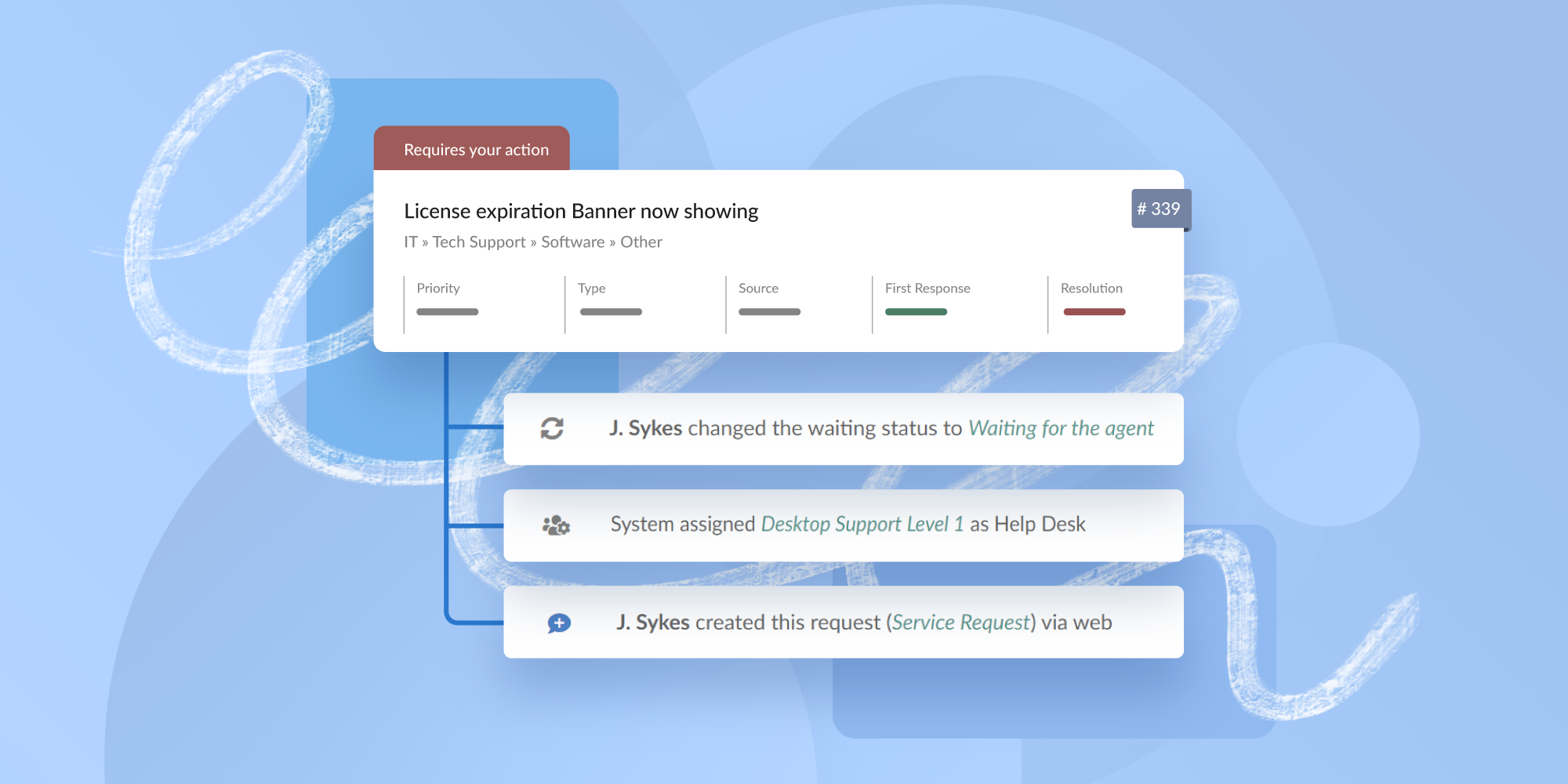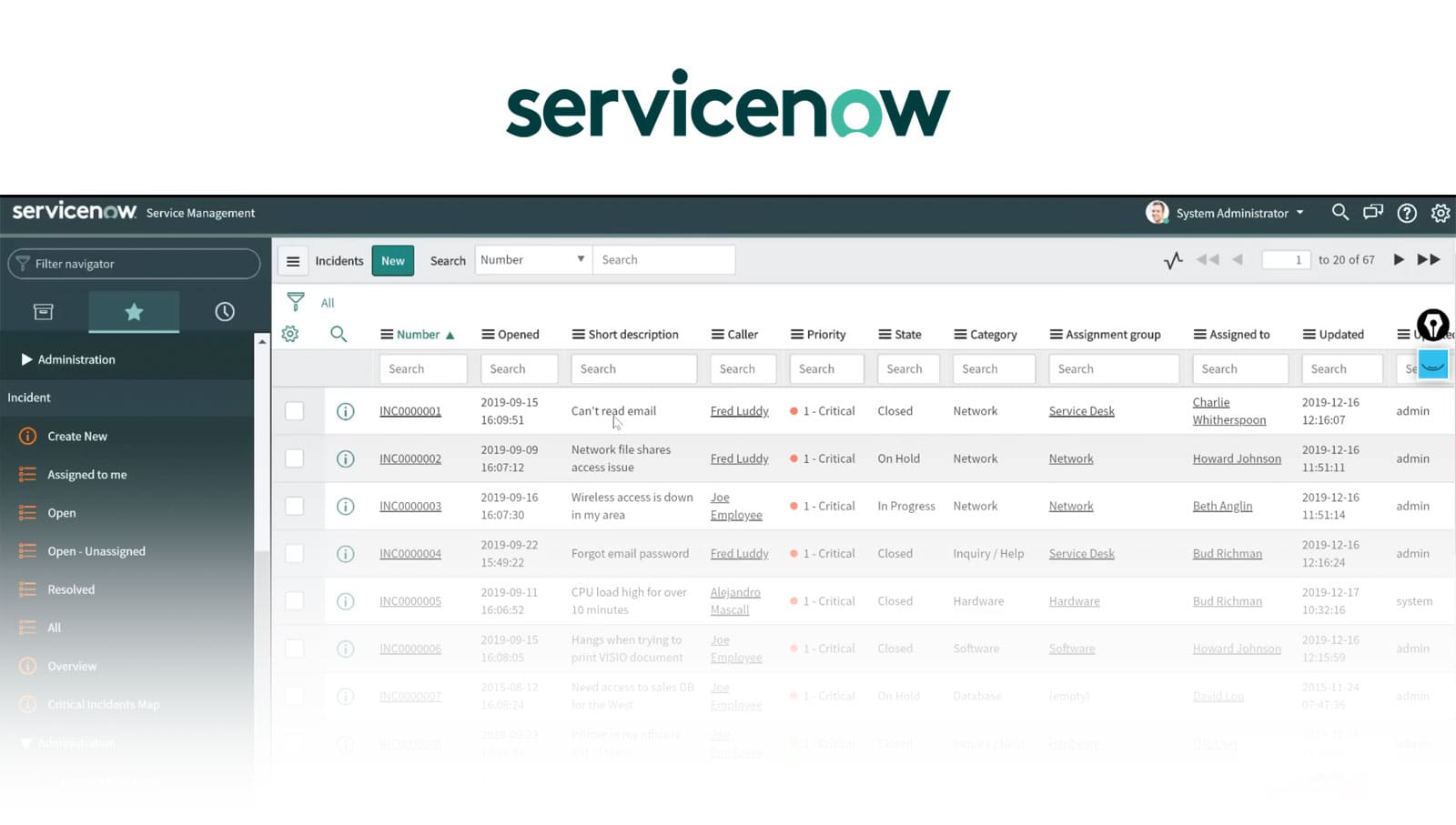In the world of DevOps, where development and operations blend seamlessly, incidents are bound to happen. But the way these incidents are managed can make all the difference. Imagine a high-stakes race where every second counts—this is what DevOps Incident Management feels like. It's not just about putting out fires; it's about learning from each one to prevent future flare-ups.
DevOps and Incident Management is where technology meets agility, ensuring that when things go wrong (and they will), the response is swift, efficient, and, most importantly, collaborative. This guide dives into what DevOps Incident Management entails, the process involved, best practices to adopt, and the challenges that teams face in maintaining seamless operations.
Whether you're new to DevOps or a seasoned pro, understanding these concepts will help you keep your systems running smoothly, even in the face of unexpected disruptions.

What is DevOps Incident Management?
DevOps Incident Management is a key component of the DevOps culture that bridges the gap between development and operations teams. In traditional IT Service Management (ITSM), Incident Management is a well-established process. However, DevOps brings a fresh perspective by integrating these processes with the continuous delivery and integration pipelines that DevOps is known for. But what exactly does that mean?
At its core, DevOps Incident Management is all about collaboration. When an incident occurs—be it a server crash, a security breach, or a bug in the software—DevOps teams work together to identify the problem, implement a solution, and prevent it from happening again.
This process is streamlined and automated wherever possible, allowing teams to respond quickly and efficiently. Unlike traditional ITSM, which might involve lengthy approval processes and siloed teams, DevOps Incident Management is agile, flexible, and centered around continuous improvement.
The beauty of DevOps Incident Management lies in its ability to bring everyone to the table. Developers, operations staff, and even business stakeholders collaborate in real-time to resolve incidents. This approach not only speeds up resolution times but also fosters a culture of shared responsibility and transparency. By aligning Incident Management with the broader goals of DevOps, teams can ensure that their systems are resilient, reliable, and capable of supporting continuous innovation.

The DevOps Incident Management process
Managing incidents in a DevOps environment requires a structured process that allows teams to respond quickly and learn from every incident. Here’s how it typically works:
1. Detection and alerting
The process begins with the detection of an incident. Automated monitoring tools play a crucial role here, identifying issues in real-time and triggering alerts to notify the appropriate teams. In DevOps, the focus is on early detection to minimize the impact of incidents.
2. Triage and prioritization
Once an alert is triggered, the next step is to assess the severity of the incident. Not all incidents are created equal, so it’s essential to prioritize them based on their potential impact on the business. Teams need to determine whether the incident requires immediate attention or if it can be addressed during regular work hours.

3. Investigation and diagnosis
After prioritization, the team dives into investigating the root cause of the incident. This step involves collaboration between developers and operations staff to diagnose the issue and identify the most effective solution. Automation tools can help speed up this process by providing insights and analytics.
4. Resolution and recovery
With the root cause identified, it’s time to implement the fix. The goal here is to restore normal service as quickly as possible. In a DevOps environment, this often involves deploying code changes, rolling back to a previous version, or reconfiguring infrastructure. Once the incident is resolved, teams monitor the system to ensure that the fix is effective.
5. Post-Incident Review (PIR)
The final step is to conduct a Post-Incident Review (PIR). The team analyzes what went wrong, what was done well, and what could be improved. The findings are documented and shared with the broader team to ensure continuous learning and improvement.
Best Practices for DevOps Teams
To excel at DevOps Incident Management, teams should follow these best practices:
1. Implement Incident Management automation
Automation is a game-changer in Incident Management. By automating repetitive tasks, such as alerting, triage, and even resolution, teams can focus on more complex issues. Automation also ensures that incidents are handled consistently and efficiently, reducing the chances of human error.
2. Foster a blameless culture
In DevOps, the focus is on learning from incidents rather than assigning blame. A blameless culture encourages open communication and collaboration, allowing teams to identify and address systemic issues rather than pointing fingers. This approach leads to continuous improvement and a more resilient system.
3. Leverage monitoring and analytics
Effective Incident Management relies on robust monitoring and analytics tools. These tools provide real-time visibility into system performance, helping teams detect and diagnose issues before they escalate. By leveraging data-driven insights, teams can make informed decisions and respond quickly to incidents.
4. Document everything
Documentation is critical in DevOps Incident Management. From the initial detection to the Post-Incident Review, every step of the process should be documented. This documentation serves as a valuable resource for future incidents and helps teams refine their processes over time.
5. Continuous improvement
DevOps is all about continuous improvement, and Incident Management is no exception. Teams should regularly review their processes, tools, and practices to identify areas for improvement. By adopting a mindset of continuous learning, teams can stay ahead of potential issues and ensure that their systems are always evolving.

Benefits of DevOps Incident Management
Implementing DevOps Incident Management offers several benefits:
1. Faster incident resolution
DevOps Incident Management is designed to streamline the incident resolution process. With automated tools and collaborative workflows, teams can resolve incidents faster, minimizing downtime and reducing the impact on the business.
2. Improved collaboration
By bringing development and operations teams together, DevOps Incident Management fosters a culture of collaboration. This approach ensures that everyone is on the same page, leading to more efficient and effective incident resolution.
3. Increased system reliability
With a focus on early detection and continuous improvement, DevOps Incident Management helps teams build more reliable systems. By proactively identifying and addressing potential issues, teams can reduce the likelihood of future incidents and improve overall system performance.
4. Enhanced Customer Satisfaction
Faster incident resolution and increased system reliability translate to better customer experiences. When systems are up and running smoothly, customers are more likely to be satisfied with the service, leading to increased loyalty and retention.
5. Scalability
DevOps Incident Management is scalable, making it suitable for organizations of all sizes. Whether you’re managing a small startup or a large enterprise, the principles and practices of DevOps Incident Management can be adapted to meet your needs.
Challenges of DevOps Incident Management
While DevOps Incident Management offers many benefits, it’s not without its challenges:
1. Cultural shift
Transitioning to a DevOps Incident Management approach requires a significant cultural shift. Teams must embrace new ways of working, which can be challenging, especially in organizations with deeply ingrained practices.
2. Tool integration
DevOps relies on a variety of tools to manage incidents, and integrating these tools can be complex. Ensuring that all tools work together seamlessly is essential for effective Incident Management, but it can be a challenge, particularly in environments with legacy systems.
3. Continuous monitoring
Effective Incident Management requires continuous monitoring, which can be resource-intensive. Teams need to invest in the right tools and processes to ensure that their systems are constantly monitored for potential issues.
4. Skill gaps
DevOps Incident Management requires a unique skill set that combines development and operations expertise. Finding team members with the right skills can be challenging, and ongoing training may be necessary to keep up with the latest practices and tools.
5. Managing complexity
As organizations scale, their systems become more complex, making Incident Management more challenging. Teams need to develop strategies for managing this complexity, such as implementing microservices architectures or using containerization technologies.
Roles and Responsibilities in the DevOps Incident Management process
Successful DevOps Incident Management requires clearly defined roles and responsibilities:
1. Incident manager
The incident manager is responsible for overseeing the entire Incident Management process. They coordinate the response efforts, ensure that all team members are aware of their roles, and keep stakeholders informed. The Incident Manager also leads post-incident reviews and ensures that lessons learned are implemented.
2. DevOps engineer
DevOps engineers play a critical role in diagnosing and resolving incidents. They work closely with both development and operations teams to identify the root cause of issues and implement solutions. DevOps engineers also contribute to the automation of Incident Management processes.
3. Operations lead
The operations lead is responsible for the infrastructure and systems that support the organization’s applications. During an incident, the Operations Lead ensures that the infrastructure is stable and available, and they work to restore services as quickly as possible.
4. Developer
Developers are responsible for addressing the code-related aspects of an incident. They may be called upon to fix bugs, roll back changes, or deploy patches. Developers also collaborate with DevOps Engineers to implement automated solutions that prevent future incidents.
5. Support team
The support team is the frontline for communication with end-users. They gather initial incident reports, provide status updates, and ensure that users are informed throughout the Incident Management process. They also help in gathering feedback post-incident to understand the user impact and areas of improvement.
Top 5 Incident Management systems for DevOps
Choosing the right Incident Management system is crucial for effective DevOps Incident Management. Here are the top five systems that DevOps teams can leverage:
1. PagerDuty
PagerDuty is a popular Incident Management tool that offers real-time alerts, on-call management, and automated workflows. It integrates seamlessly with a wide range of DevOps tools, making it a go-to choice for teams looking to streamline their Incident Management process. With its robust analytics and reporting features, PagerDuty helps teams not only resolve incidents quickly but also learn from them.
2. Opsgenie
Opsgenie, part of the Atlassian suite, is another powerful tool for Incident Management. It offers customizable alerting, on-call scheduling, and detailed incident reporting. Opsgenie’s flexibility allows teams to set up escalation policies and workflows that align with their specific needs, ensuring that the right people are notified at the right time.
3. VictorOps (now Splunk On-Call)
VictorOps, now known as Splunk On-Call, provides an integrated platform for alerting, collaboration, and incident resolution. It’s designed to support DevOps teams by providing context-rich notifications, a shared incident timeline, and post-incident reporting. Splunk On-Call’s integration with Splunk’s broader data analytics capabilities makes it a powerful tool for both real-time incident response and continuous improvement.
4. ServiceNow ITSM
 While ServiceNow is traditionally known for IT Service Management, its capabilities extend to supporting DevOps Incident Management as well. ServiceNow’s Incident Management module offers comprehensive tools for tracking, managing, and resolving incidents. It’s particularly useful for organizations that already rely on ServiceNow for their ITSM needs and want to integrate DevOps practices into their existing workflows.
While ServiceNow is traditionally known for IT Service Management, its capabilities extend to supporting DevOps Incident Management as well. ServiceNow’s Incident Management module offers comprehensive tools for tracking, managing, and resolving incidents. It’s particularly useful for organizations that already rely on ServiceNow for their ITSM needs and want to integrate DevOps practices into their existing workflows.
Conclusion
DevOps Incident Management is a critical aspect of modern IT operations, bridging the gap between development and operations to ensure that incidents are handled swiftly and effectively. By implementing a well-structured process, leveraging automation, and fostering a culture of collaboration, DevOps teams can significantly reduce downtime and improve system reliability.
The key to success lies in continuous improvement—learning from every incident and refining your processes over time. Whether you’re just getting started with DevOps or looking to enhance your existing practices, the strategies and tools discussed in this guide will help you build a resilient Incident Management framework that can adapt to the ever-changing demands of the digital world.
Frequently Asked Questions (FAQs)
1. What is DevOps Incident Management?
DevOps Incident Management is the process of managing and resolving incidents within a DevOps environment, focusing on collaboration, automation, and continuous improvement.
2. How does automation benefit DevOps Incident Management?
Automation helps streamline Incident Management by reducing manual tasks, speeding up detection and resolution, and ensuring consistency in handling incidents.
3. What are the main challenges of DevOps Incident Management?
Some challenges include cultural shifts, tool integration, continuous monitoring, skill gaps, and managing complexity as systems scale.
4. Why is a blameless culture important in DevOps Incident Management?
A blameless culture encourages open communication and collaboration, allowing teams to focus on learning from incidents rather than assigning blame, leading to continuous improvement.














.jpg?upsize=true&upscale=true&width=780&height=205&name=how-to-create-a-service-level-agreement%20(1).jpg)
